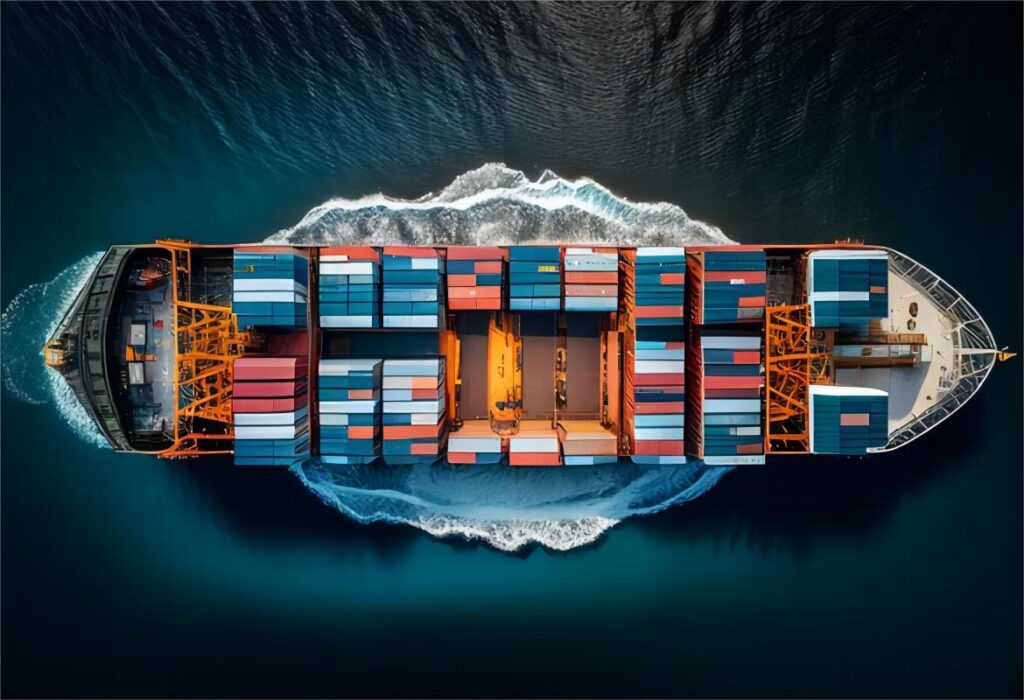Managing international trade risks when shipping goods to South Africa from China is essential for businesses aiming to ensure smooth and profitable operations. The process involves understanding various risk factors, such as political instability, exchange rates, and logistics challenges. Here’s a comprehensive guide to effectively managing these risks:
1. Understand the Risks Involved in Trade
- The first step in managing international trade risks is identifying them. Key risks include geopolitical instability, fluctuations in currency exchange rates, changes in tariffs or import duties, and shipping delays. Understanding these risks helps you prepare and minimize their impact on your business.
2. Use Reliable Shipping Solutions
- For businesses shipping goods from China to South Africa, choosing the right shipping solutions is crucial. Working with a reputable freight forwarder or B2B shipping service can reduce the likelihood of delays, loss of goods, or higher-than-expected costs. These companies specialize in handling international shipments and can help navigate the complexities of customs clearance and local regulations.
3. Leverage B2B Shipping Solutions for South Africa Imports
- B2B shipping solutions are tailored to meet the needs of businesses importing goods into South Africa. These services provide end-to-end logistics management, including packaging, warehousing, and customs clearance. A professional B2B service can also help mitigate the risks associated with transporting goods, from managing timelines to ensuring compliance with South African import laws.
4. Diversify Your Supply Chain
- Diversifying your supply chain can help mitigate the risk of relying too heavily on a single supplier or shipping route. By working with multiple suppliers in China or using different ports, you can reduce the chances of major disruptions in your trade flow due to unexpected events like labor strikes or natural disasters.
5. Monitor Currency Fluctuations
- Currency exchange rates can have a significant impact on the cost of international trade. Businesses should consider using financial tools like forward contracts or hedging options to protect against unfavorable fluctuations in the exchange rate between the Chinese Yuan (CNY) and South African Rand (ZAR).
6. Stay Compliant with Local Regulations
- South Africa has specific import regulations that businesses must comply with, including import duties, taxes, and customs documentation. Failing to meet these requirements can result in delays or fines. Having a reliable customs broker ensures that all required documents are prepared, and the shipment clears customs efficiently.

People Also Ask:
- What are the main risks when trading from China to South Africa?
- Key risks include geopolitical instability, fluctuations in exchange rates, customs delays, and the risk of non-compliance with import regulations.
- How can I reduce shipping costs when importing to South Africa from China?
- You can reduce costs by consolidating shipments, choosing a cost-effective shipping method, and partnering with B2B shipping solutions that offer volume discounts.
- How do I protect my business from currency risk when trading with South Africa?
- You can hedge currency risks using forward contracts or other financial instruments that lock in exchange rates and protect against market fluctuations.
- What is the role of a B2B shipping solution for imports to South Africa?
- A B2B shipping solution offers a comprehensive logistics service, handling everything from transportation to customs clearance, making the import process smoother and more reliable.
- How do I ensure compliance with South African import regulations?
- Work with a trusted customs broker to ensure all necessary documentation is in order and that your goods comply with South African import laws, such as taxes, tariffs, and product certifications.
